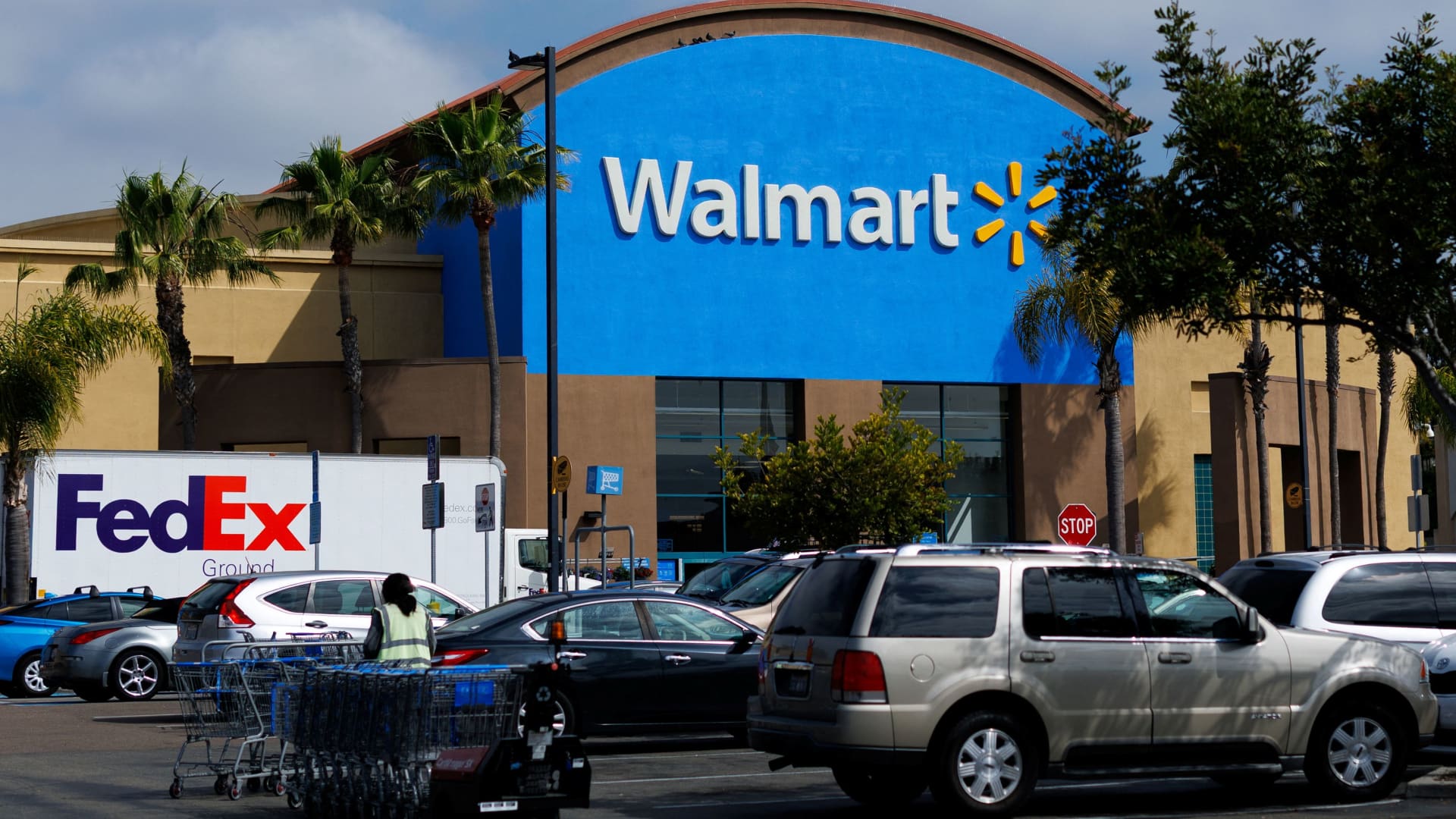The economy is still solid, but growth is slowing, the latest GDP reading shows. (iStock)
U.S. gross domestic product (GDP) dropped faster than expected in the first quarter, but a key metric used by the Federal Reserve to measure inflation kept rising, according to the Bureau of Economic Analysis (BEA).
Real GDP increased at an annual rate of 1.6% for the January-through-March period after rising 3.4% in the fourth quarter of 2023, according to the Bureau of Economic Analysis (BEA) advance estimate released Thursday. Economic forecasts had called for a deceleration of growth over the previous month, with the expectation that the economy would expand by 2.4%, according to a Reuters report.
Compared to the fourth quarter, the deceleration in real GDP in the first quarter primarily reflected decelerations in consumer spending, exports and state and local government spending and a downturn in federal government spending. This slowdown was partly offset by an acceleration in residential fixed investment.
“We knew the economy was weaning itself off government support, we just didn’t figure that would cause GDP to drop this quickly,” said Robert Frick, Navy Federal Credit Union corporate economist. “With government spending down and consumer spending moderating as Covid-era supports disappear, GDP fell below all estimates.
“But consumers continue to spend at a healthy rate, especially as evidenced by big spending on imports, which drove down the topline GDP number,” Fick continued. “First quarter GDP is often squirrelly and heavily revised – just look at last year’s – so all-in-all, this shouldn’t be taken as a fundamental downshift in the economy.”
If you’re struggling in the current economy, you could consider paying off high-interest debt with a personal loan at a lower rate. You can visit Credible to get your personalized interest rate without affecting your credit score.
BIDEN WANTS TO GIVE HOMEBUYERS $400 PER MONTH: STATE OF THE UNION
Federal Reserve is in no hurry to cut rates
A slower economy is not likely to accelerate the timeline for interest rate cuts since core inflation continued to rise.
The personal consumption expenditures (PCE) price index, excluding food and energy prices — a key metric the Federal Reserve tracks to measure inflation — increased by 3.7% after rising to 2% in the fourth quarter.
“Inflation will likely resume its downward trend, slowly inching toward the Fed’s 2% target,” CoreLogic Chief Economist Selma Hepp said. “But, until the Fed gains greater confidence in the downward direction of inflation, it is not likely to lower rates and overall investments in the housing sector will stay tepid, as a result.”
Since July, the central bank has kept its policy rate in the 5.25% to 5.5% range. Following its March meeting, Fed Chair Jerome Powell said that interest rate cuts were still on the table for this year, but the central bank revised projections of rate cuts to just three this year. Powell said that the Fed remained committed to bringing inflation down to a 2% target rate and warned that lowering rates too soon would risk bringing inflation back while holding back too long posed a risk to economic growth.
If you’re concerned about high-interest debt, you could consider paying it off with a personal loan at a lower interest rate, which could cut your monthly payments. Visit Credible to get your personalized rate in minutes.
HOMEBUYERS GAINED THOUSANDS OF DOLLARS AS MORTGAGE INTEREST RATES FALL: REDFIN
Americans are less worried about inflation, recession risks
Higher interest rates and borrowing costs have dampened consumers’ spending on bigger-ticket items like housing and cars. However, Americans have largely gotten used to higher prices and feel better equipped to handle their finances, according to a recent Santander survey.
Additionally, worries about an economic recession have taken a backseat for many Americans as they begin to accept the high-interest rate environment as the new normal. The number of respondents who expected a recession in the next 12 months dropped from 69% to 60%.
However, consumers have had to make deep budget cuts to survive in a high-cost environment – 67% of respondents said they cut out significant purchases such as vacations, vehicles and home repairs, according to the survey.
“While middle-income households have had to navigate higher prices due to inflation, it is encouraging to see consumers taking positive steps to manage their finances and adjust their household budgets,” Santander CEO Tim Wennes said.
If you are struggling with high inflation, you could consider taking out a personal loan to pay down debt at a lower interest rate, reducing your monthly payments. Visit Credible to find your personalized interest rate without affecting your credit score.
HIGH HOMEOWNERS INSURANCE RATES SCARING AWAY FLORIDA HOMEBUYERS, OTHER STATES FACE THE SAME ISSUE
Have a finance-related question, but don’t know who to ask? Email The Credible Money Expert at [email protected] and your question might be answered by Credible in our Money Expert column.

 Personal Finance1 week ago
Personal Finance1 week ago
 Personal Finance1 week ago
Personal Finance1 week ago
 Accounting1 week ago
Accounting1 week ago
 Finance1 week ago
Finance1 week ago
 Economics6 days ago
Economics6 days ago
 Economics7 days ago
Economics7 days ago
 Finance1 week ago
Finance1 week ago
 Economics1 week ago
Economics1 week ago












